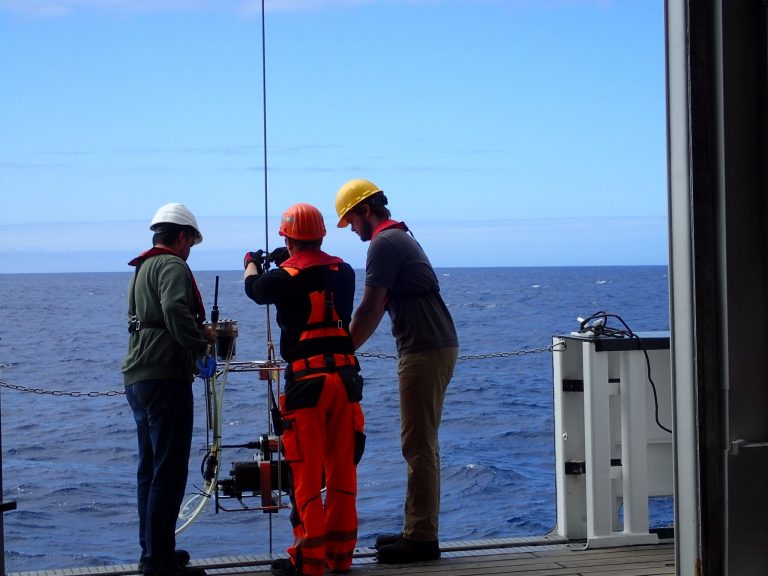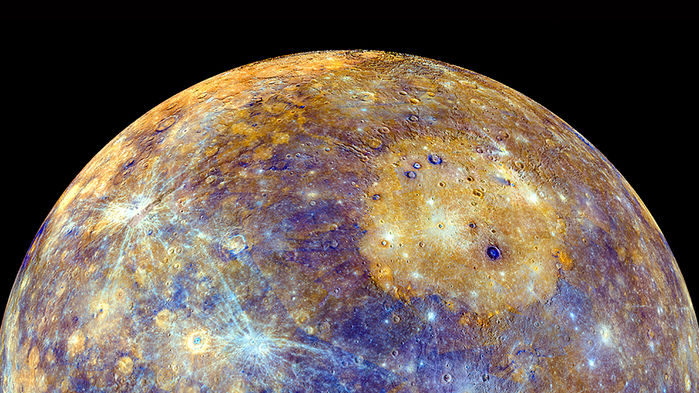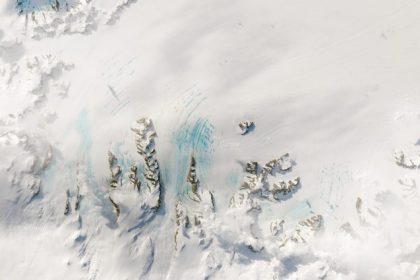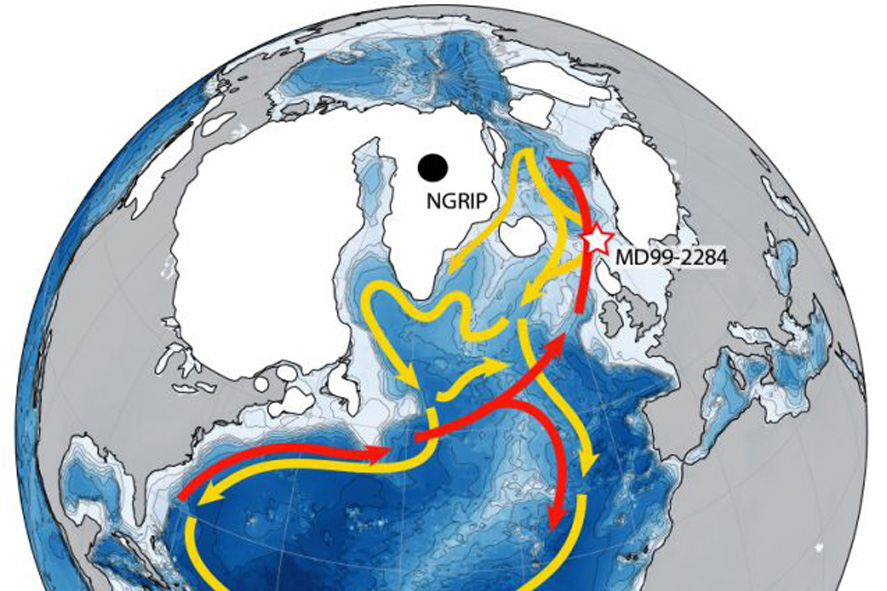01
May
In an unusual new study, Columbia scientists say they have detected a growing fingerprint of human-driven global warming on drought conditions across the world starting as far back as 1900.
Read More
30
April
Ekström’s work spans many facets of global earthquake seismology, from the nature of individual earthquakes and other seismic sources to the large-scale structure of the Earth.
Read More
29
April
A new study suggests that bacteria may respire more carbon dioxide from the shallow oceans to the air as oceans warm, reducing the deep oceans’ ability to store carbon.
Read More
19
April
Scientists have found evidence that Mercury’s inner core is indeed solid, and that it is nearly the same size as Earth’s inner core. The new findings offer clues about how the solar system formed and how rocky planets change over time.
Read More
18
April
A large federal grant brings together the School of Social Work, Department of Psychiatry, Mailman School of Public Health, Data Science Institute, and researchers at other institutions to speed scientific solutions to the U.S. opioid crisis.
Read More
12
April
New research co-authored by Columbia University scientists shows that the Larsen C ice shelf—the fourth largest ice shelf in Antarctica—experienced an unusual spike in late summer and early autumn surface melting in the years 2015 to 2017.
Read More
08
April
A new study shows that the slowdown of a major ocean current system around 950,000 years ago correlated directly with a huge buildup of carbon in the deep Atlantic Ocean, and corresponding decline of carbon in the air.
Read More







